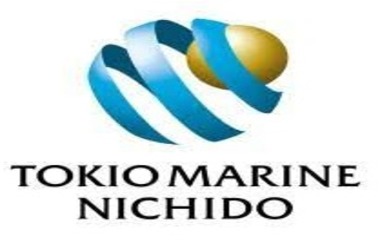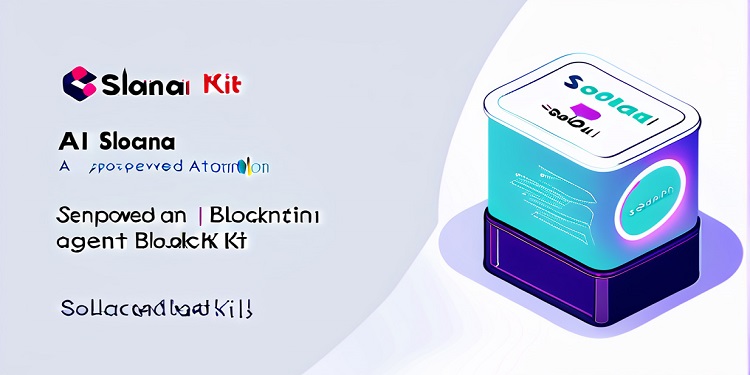 Tokio Marine & Nichido Fire Insurance aims to introduce a blockchain technology based payment platform for international shipping in fiscal 2023. The platform will also support digital currencies to reduce the delays and the expenses incurred in conducting cross-border dealings. According to the insurance company, the technology, which was created in collaboration with NTT Data and Tokyo-headquartered blockchain business Standage, is the first in the world to create a platform of this kind. NTT Data and Standage are both located in Tokyo.
Tokio Marine & Nichido Fire Insurance aims to introduce a blockchain technology based payment platform for international shipping in fiscal 2023. The platform will also support digital currencies to reduce the delays and the expenses incurred in conducting cross-border dealings. According to the insurance company, the technology, which was created in collaboration with NTT Data and Tokyo-headquartered blockchain business Standage, is the first in the world to create a platform of this kind. NTT Data and Standage are both located in Tokyo.
Digital currencies are becoming more popular among businesses in the industrial sector, which is embracing them to boost productivity. Tokio Marine’s system, which already has a pending international patent application, utilities blockchain technology to generate electronic bills of lading — a critical document that is typically released by the shipping company to the exporter and contains information about the cargo, as well as serving as the agreement between the two parties.
Exporters must transmit this paperwork to foreign customers in order to obtain payment from them. Because of the latest blockchain-based solution, businesses can issue invoices and receive payments in cryptocurrencies instantly, rather than waiting almost a month for a physical version of the bill to reach the hands of consumers.
Tokio Marine is hesitant to adopt bitcoin and other cryptocurrencies because they believe they are too unpredictable. Instead, the company aims to utilise stablecoins, which are backed by the dollar. By removing the requirement for foreign money transfers, the solution is intended to reduce transaction fees to roughly 1 percent of the cargo, down from the prevailing average of 3% of the shipping.
It also lowers the likelihood of nonpayment. It is customary for smaller enterprises with larger credit risks to have difficulty in getting advance payments for their shipments to be made.
Many businesses were unable to expand into international markets due to the length of time it took to get payment, as well as the possibility of not being paid at all.
The Japanese government’s desire to digitise has only served to accelerate the process. In June, the government’s Council for the Promotion of Regulatory Reform proposed for a legislation revision to boost the adoption of digital bills of lading in the transportation industry. In a communiqué issued in June, the Group of Seven affluent countries said that it will seek to make it possible for firms to adopt digitally transferable records.
International players are indeed putting up effort to provide speedy trans-border payment options. Earlier this year, JPMorgan Chase announced the introduction of a cryptocurrency dubbed JPM Coin, which has already been embraced by more than 100 financial institutions across the globe. The use of JPM Coin allows an airline to settle fuel bills on a real-time basis after it receives confirmation that a cargo has been received.








